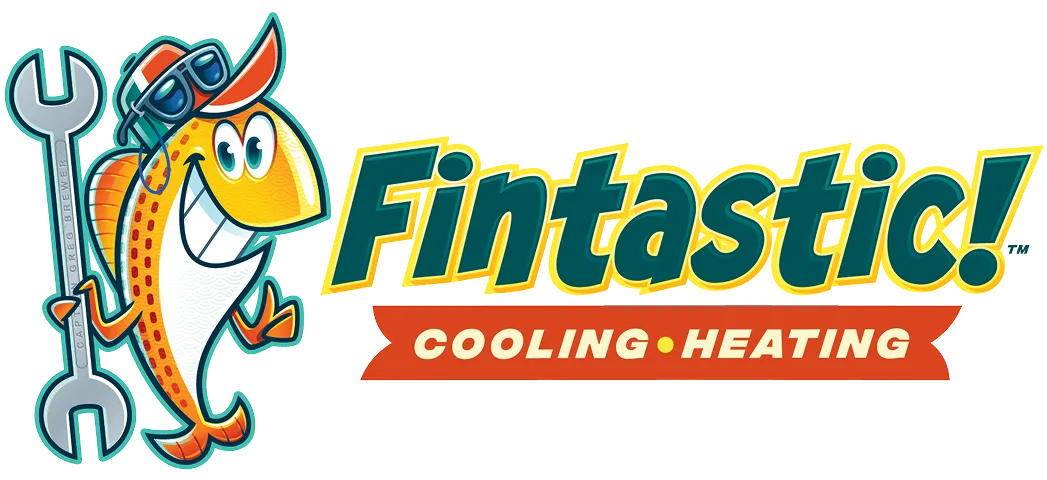Emergency HVAC Services in Hedwig Village, TX
Emergency HVAC Services in Hedwig Village, TX
When your heating or cooling system fails outside normal hours, a fast, reliable response is essential — especially in Hedwig Village where Houston-area heat and humidity make air conditioning a household necessity for most of the year. Our Emergency HVAC Services in Hedwig Village, TX explain what to expect from true 24/7 emergency response: the urgent problems technicians handle, how on-site diagnostics and temporary stabilization work, and how emergency pricing is disclosed so you can make an informed decision during a stressful situation.

Why emergency HVAC response matters in Hedwig Village
Hedwig Village experiences long, humid summers and occasional cold snaps. An AC or furnace outage can affect comfort, indoor air quality, and even safety for infants, elderly residents, or those with medical needs. Rapid emergency service reduces risk of property damage (for example from frozen pipes during rare cold events or from excessive indoor humidity) and limits the potential for secondary issues like mold growth or compressor burnout.
Common emergency HVAC issues in Hedwig Village, TX
- Complete system failure: Unit will not start at all; often caused by electrical faults, control board failures, or compressor issues.
- No cooling during high heat: Indoor temperature rising rapidly; could be refrigerant loss, failed compressor, or blocked airflow.
- No heating during cold snaps: Furnace or heat pump not producing heat — common causes include ignition failures, capacitor issues, or control board faults.
- Compressor faults and lockouts: Compressor will not engage or trips on overload; continued attempts to restart can cause permanent damage.
- Electrical failures and tripped breakers: Repeated breaker trips, burned wiring smells, or blown fuses indicate hazardous conditions that require immediate shutoff and repair.
- Condensate backups and water leaks: Clogged drains or failed pumps can cause water damage to ceilings and walls if not addressed quickly.
- Strange noises or burning smells: Indicate mechanical failure or electrical arcing that should be evaluated immediately for safety.
What to expect from a 24/7 emergency HVAC response
- Rapid triage and dispatch: Emergency calls are prioritized; a dispatcher will evaluate symptoms, determine safety risks, and send a qualified technician. In Hedwig Village, typical emergency response aims to be within an hour to a few hours depending on time of day, traffic, and regional demand. Severe weather or mass outages can extend arrival times.
- Qualified technician arrival: The technician arrives prepared with diagnostic tools and common replacement parts. They will verify the problem, document findings, and discuss stabilization steps.
- Safety-first approach: If electrical hazards, gas leaks, or unsafe conditions are present, the technician will isolate power or gas before proceeding and recommend immediate safety measures.
On-site diagnostic and temporary stabilization procedures
- Initial safety checks: Verify power, check for gas leaks (if applicable), and ensure the area is safe for work.
- Quick system audit: Inspect thermostat, breakers, visible wiring, outdoor unit, and basic airflow. Use gauges and meters to check refrigerant pressures, voltage, and compressor function when safe.
- Targeted testing: For electrical faults, test capacitors, contactors, and control boards. For refrigerant issues, check for leaks and measure pressures to determine whether a temporary recharge is feasible and safe.
- Temporary stabilization measures:
- Reset or replace a tripped breaker or faulty fuse when safe and appropriate.
- Bypass a failed fan relay or install a temporary control to restore limited function.
- Clear condensate blockages or bypass a failed condensate pump to prevent water damage.
- Provide a controlled refrigerant top-up only if leak risk and environmental regulations allow and as a short-term measure to restore cooling.
- Recommend and implement temporary heating alternatives if a furnace or heat pump is inoperable during cold weather.
These stabilization steps are performed to restore safe, temporary function and prevent further damage until a full repair or replacement can be completed.
Repair options and longer-term solutions
After diagnostics and stabilization, the technician will explain repair options: a same-day repair when parts are available, scheduling a follow-up for ordered parts, or recommending full component replacement when repairs would be unreliable or more expensive long-term. In Hedwig Village homes, older systems may present frequent emergency needs; replacing an aging system can reduce repeated after-hours calls and improve seasonal efficiency and comfort.
Transparent emergency pricing and billing practices
Emergency work is billed differently than routine service. Typical components of emergency billing include:
- Emergency diagnostic or dispatch fee for after-hours response.
- After-hours surcharge reflecting the cost of immediate response outside standard business hours.
- Labor rates for work performed on-site during the emergency visit.
- Parts and materials billed at cost plus any applicable markup.
- Travel or mileage for technician dispatch to your Hedwig Village address.
A clear emergency estimate should be provided before nonessential work begins whenever possible. Written documentation will explain which charges apply to stabilization versus later permanent repairs. If a full replacement is recommended, the emergency stabilization portion is typically billed separately from scheduled installation work.
How to prepare before contacting emergency support
- Have these details available to expedite help: HVAC system make and model (often on the unit label), any recent service history, and a description of symptoms (no power, strange smells, noises, water leaks).
- Turn off the system at the thermostat and switch off the circuit breaker if you detect burning smells or visible smoke. Do not attempt major electrical or refrigerant repairs yourself.
- If you suspect a gas leak or severe electrical hazard, evacuate the home and follow emergency services guidance.
Preventing future emergencies in Hedwig Village
Regular preventive maintenance reduces emergency calls. In Hedwig Village, annual spring AC tune-ups and fall heating inspections are particularly valuable given the heavy seasonal use of cooling systems. Keep outdoor units clear of debris and landscaping, change filters regularly, and address odd noises or reduced airflow early before they escalate into emergencies.
Timely emergency HVAC response preserves comfort, safety, and system life. Understanding what technicians will do, how temporary stabilization works, and how emergency pricing is structured helps Hedwig Village homeowners make informed decisions during urgent situations.
Customer Testimonials
Our customers praise our exceptional service and attention to detail, consistently exceeding expectations.































































